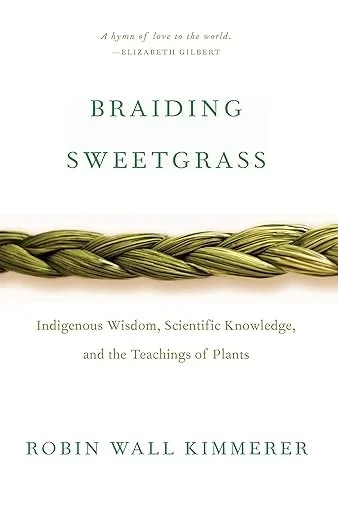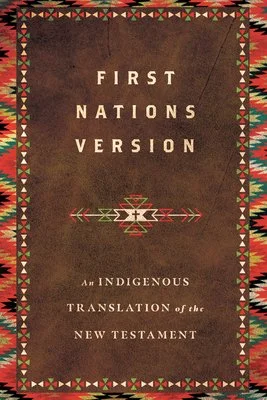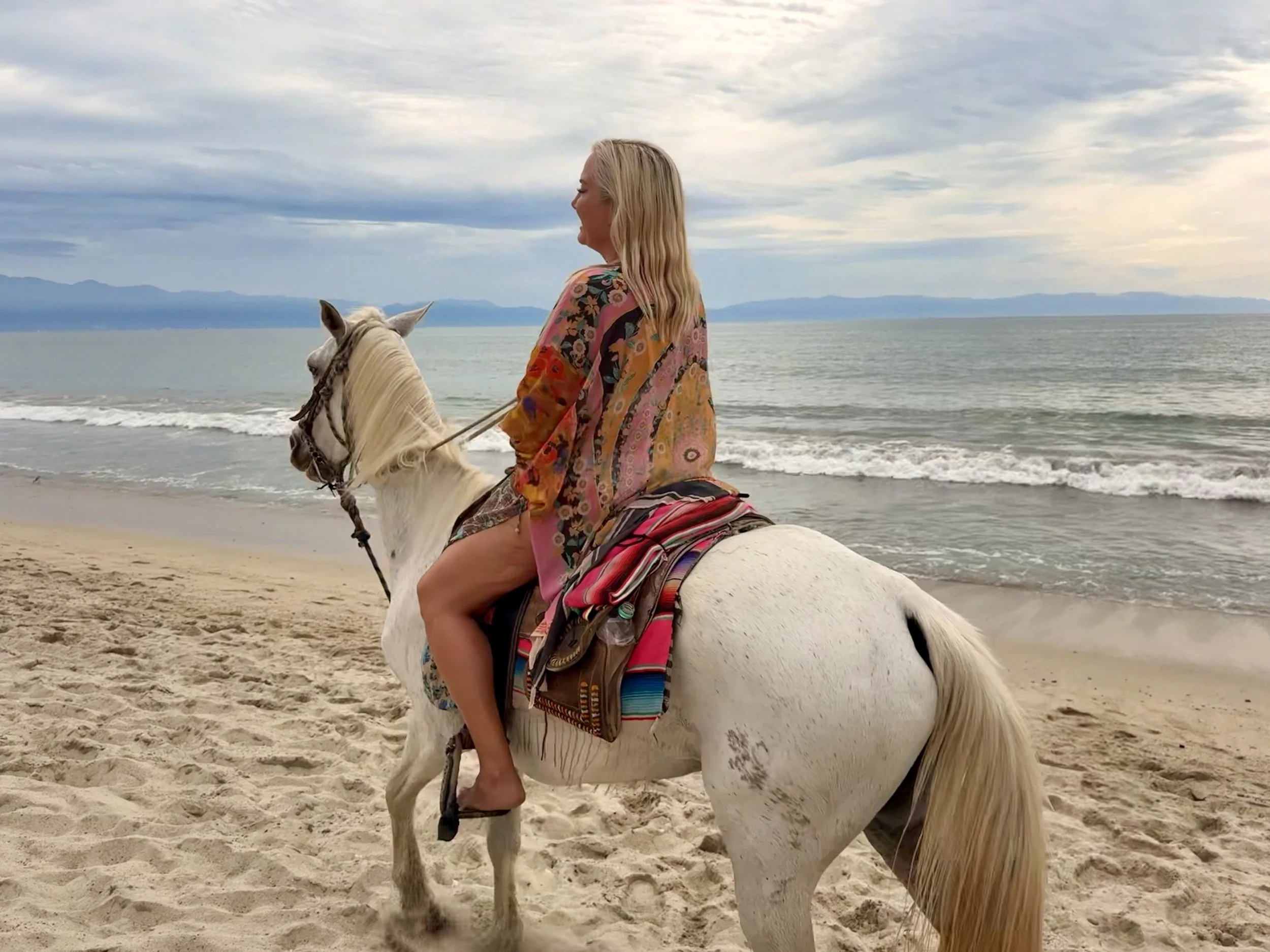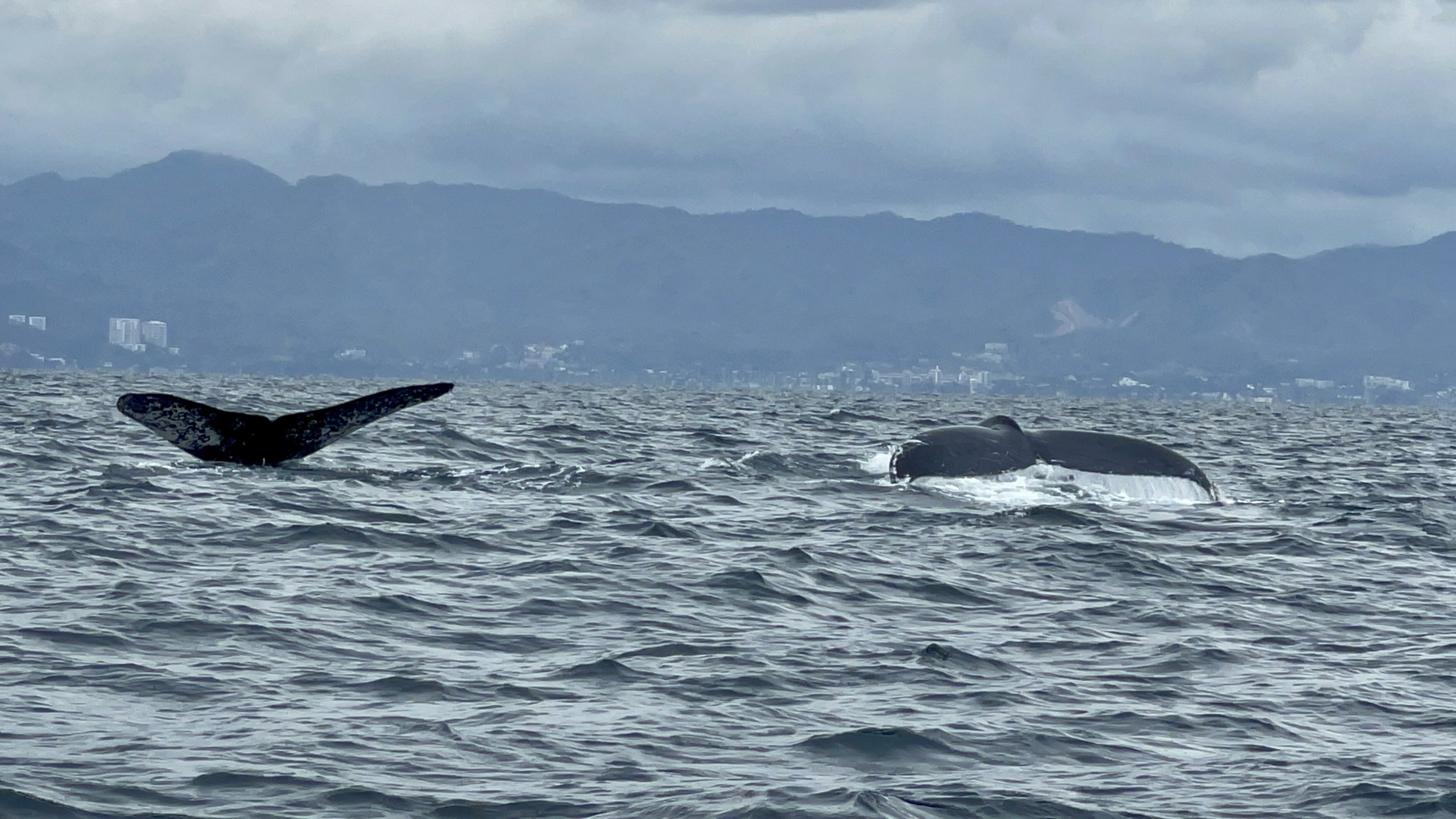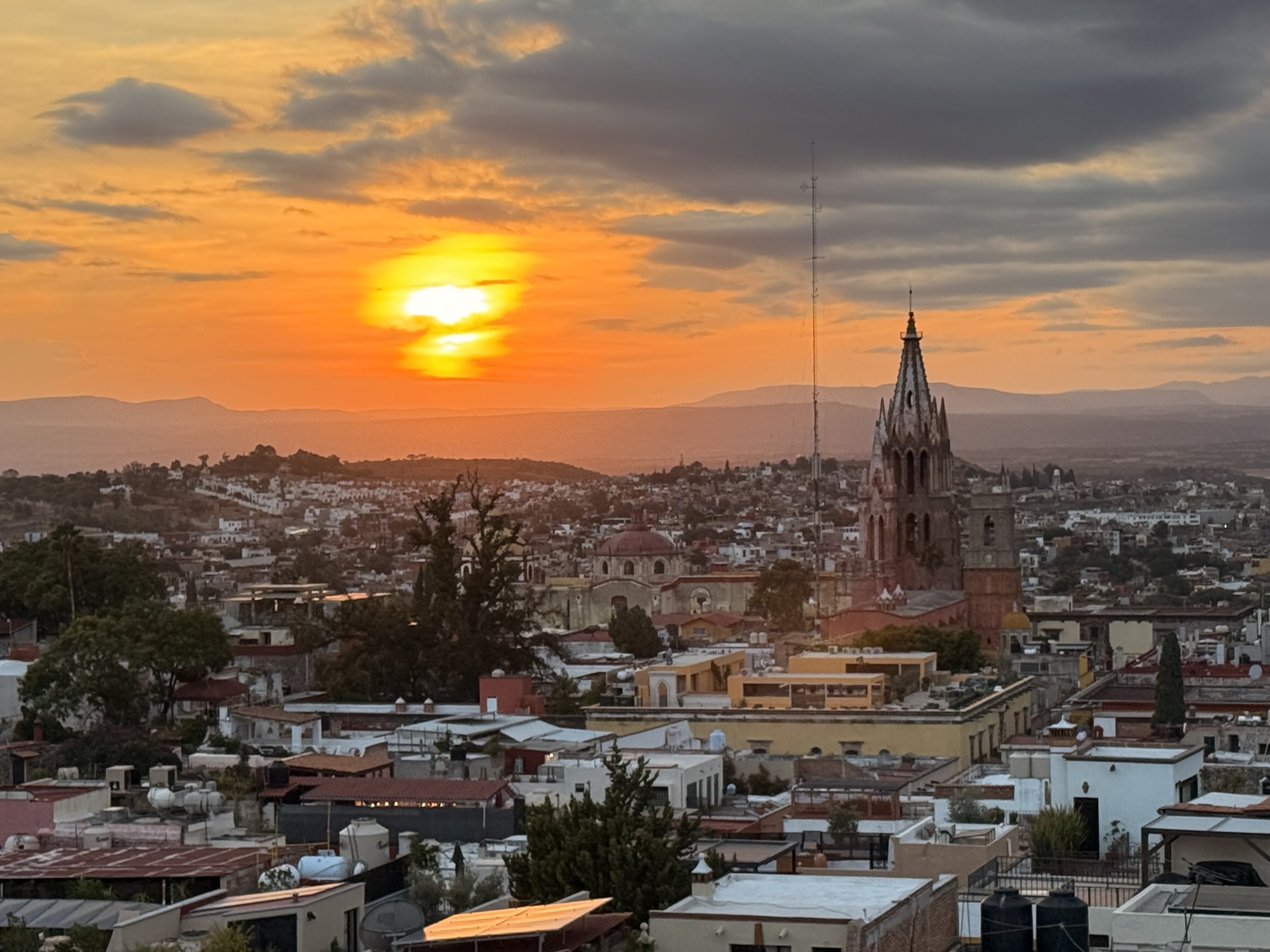Honoring Indigenous Voices This Thanksgiving
“Do not let your hearts be weighed down with anything. Instead, with every step you take, send your voice to the Great Spirit, asking him for the things you need. And in all your prayers remember to give him thanks.”—(Philippians) Small Man to the Sacred Family in Village of Horses 4:6 FNVNT
November 24th, 2025
📍Denver, Colorado, USA 🇺🇸
Greetings from the wilderness!
Thanksgiving has always been a complicated holiday. Beautiful in intention, messy in history, and (if we're honest) way too easy to coast through on autopilot with a pumpkin-pie-induced fog and a half-hearted "I'm thankful for my family" around the table.
But what if gratitude wasn't something we announce once a year…and instead something we practice, embody, and reciprocate as a way of life?
This year, I've been reading authors that don't usually make it into the mainstream Western Christianity script — the voices of Indigenous teachers, writers, elders, and theologians who have been carrying a different way of being Christ in the world. A way of living that doesn't separate spirituality from land, gratitude from responsibility, or blessing from reciprocity.
Robin Wall Kimmerer, in her book Braiding Sweetgrass, puts it plainly: "Many Native peoples across the world, despite myriad cultural differences, have this in common—we are rooted in cultures of gratitude."
Rooted.
Not seasonal.
Not sentimental.
Rooted.
Kimmerer goes on to say, "And, while expressing gratitude seems innocent enough, it is a revolutionary idea. In a consumer society, contentment is a radical proposition."
Gratitude is not just a warm feeling. Not a vibe. Not something you post on Instagram with a latte and a cozy sweater. Gratitude is a revolution.
Kimmerer talks about gratitude as a practice of giving back, a cycle of reciprocity that keeps the world in balance. Because if something has been given to you — the land, the water, your community— then gratitude means returning the gift in some embodied way.
Which means the real question at Thanksgiving isn't "What am I thankful for?" it's "What am I doing with the gifts I've been given?"
And wow… that hits different.
Kimmerer describes the Onondaga Thanksgiving Address, "The Words That Came Before All Else," an invocation so comprehensive it thanks every part of Creation for fulfilling its responsibility. One section in particular stopped me in my tracks — the address to the waters:
"We give thanks to all of the waters of the world for quenching our thirst, for providing strength and nurturing life for all beings.… We are grateful that the waters are still here and meeting their responsibility to the rest of Creation. Can we agree that water is important to our lives and bring our minds together as one to send greetings and thanks to the Water? Now our minds are one."
The waters are thanked for doing what they were created to do — offering life. And we're invited to join together, minds as One, in acknowledging their generosity.
Richard Twiss, in Rescuing the Gospel from the Cowboys, doesn't mince words about what happens when Christianity forgets its roots and hijacks culture instead of honoring it—the gospel of Jesus is not the property of any one culture; it must be freed from cultural captivity.
"Contemporary evangelical thought has been inclined to see syncretism in a dualistic interpretive context—as a final and unchangeable state of being. It is seen as the consequence of combining good and evil, right and wrong, correct and false, biblical and heretical, godly and demonic, enlightened and deceived beliefs or practices resulting in falsehood, heresy or ultimate deception. This cultural 'deception' is identified by contrasting it to the theological standards for the "true faith," which is firmly embedded in a Western polemic."
If there's ever a holiday to remember that — it's this one.
Thanksgiving, as many of us learned it, was built on a story so sanitized it barely resembles the truth. Twiss points us to the Indigenous followers of Jesus whose faith was never meant to look like colonization wrapped in hymnals, but who carry a way of knowing God that is rooted in harmony, land, kinship, and justice.
His reminder is simple but sharp: When we listen to Indigenous voices, we're not being "political.” We’re being Christian. Not the empire-shaped version — the Jesus-shaped one.
And then there's the First Nations Version—a translation of the New Testament done by Indigenous scholar, Terry Wildman. His rendering of 1 Thessalonians 5:18 reframes gratitude in a way that feels like medicine:
“Give thanks to the Great Spirit in all things, for this is what he wants from you as you dance in step with Creator Sets Free (Jesus) the Chosen One.”—(1 Thessalonians) First Letter from Small Man to the Sacred Family in Village of False Victory 5:18 FNVNT
In step. Not once a year. Not when it feels easy. Not when the table is pretty, and everyone behaves.
Gratitude as a way of walking, a posture of the body. Gratitude as a way of moving through the world so that the land and its people are better because we passed through — not worse.
So What Do We Do With This?
If Thanksgiving is going to mean anything real, it can't just be “I'm thankful for..." It has to become "I'm accountable for..."
Accountable to the land you're on.
Accountable to the people whose stories were overwritten.
Accountable to the gifts you've been given.
Accountable to Jesus’ invitation to live differently from the culture around you.
Here are a few small but meaningful places to begin:
Learn the name of the Indigenous nation whose land you're living on.
Share Indigenous voices at your table — not as a token gesture, but as teachers.
Practice gratitude as reciprocity: give back, support, and repair.
Read scripture through the lens of the First Nations Version, letting it soften your imagination.
Trade false nostalgia for honest remembrance — and let that honesty transform you.
This isn't about guilt, and it definitely isn't about performance. It's about becoming people who don't just feel thankful—We live thankful. People whose gratitude has a pulse. Whose spirituality has integrity. Whose table is big enough for truth, beauty, and repair.
This is the kind of gratitude that actually looks like Jesus.
With Love, unconditionally—
Jennifer
P.S.—I’d love to hear from YOU! Rather than emailing me or dropping me a DM, please post a comment below 👇
Disclosure: This post may contain affiliate links. If you click through a link and make a purchase, it may earn me a small commission, at no additional cost to you! See our disclaimer for details.

